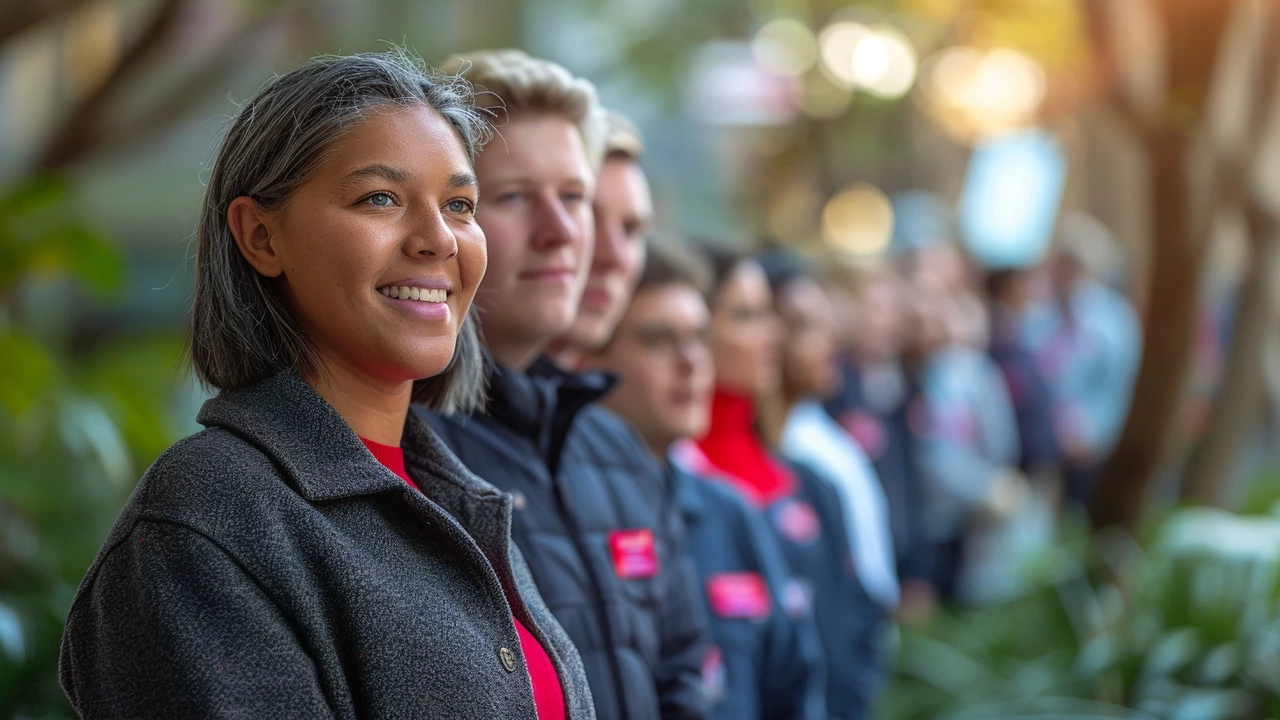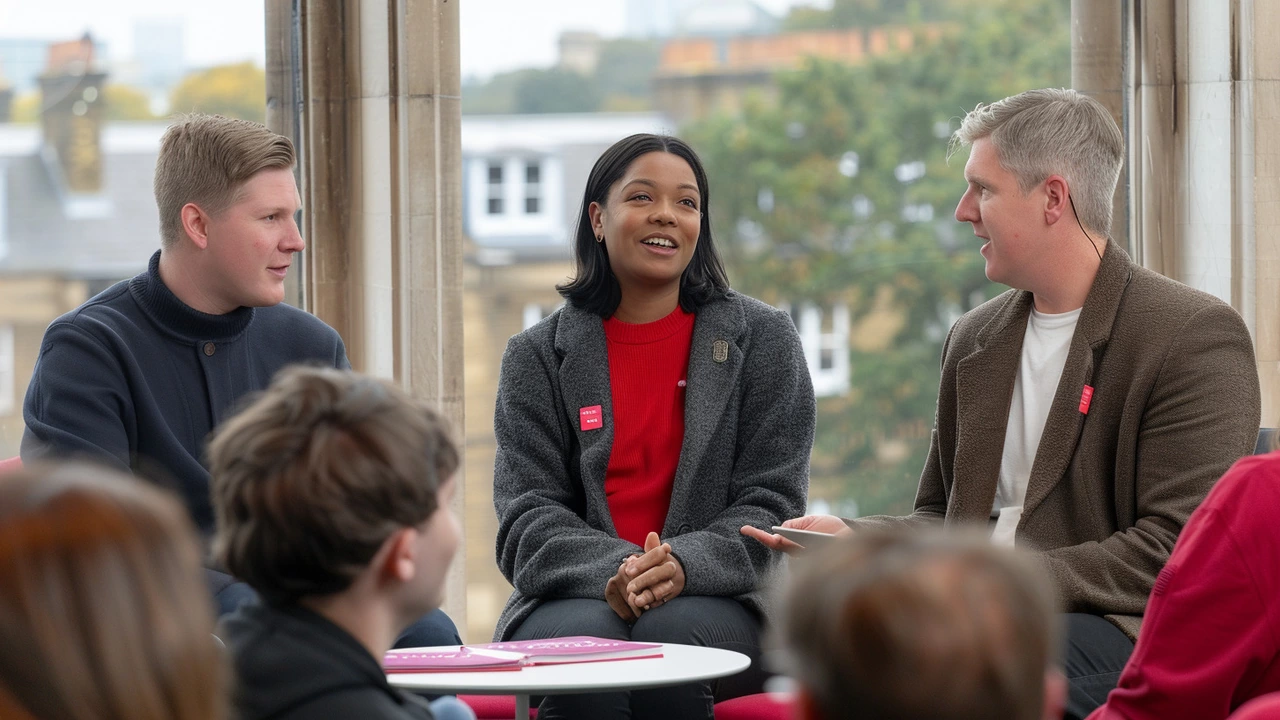Rachel Reeves' Vision for Labour's Economic Strategy
In her recent speech at Rolls Royce headquarters in Derby, Rachel Reeves, the Shadow Chancellor, delivered a powerful message to the gathered business leaders: the Labour Party has now positioned itself as the natural party of British business. Against the backdrop of one of the UK's most renowned engineering firms, Reeves outlined her vision for a transformed Labour strategy that seeks to foster economic stability, rebuild trust with businesses, and prioritize the welfare of working people.
Reeves set the tone by addressing the critical economic questions that will dominate the upcoming general election. She made her position clear: the current state of the British economy, she argued, is the product of fourteen years of Conservative mismanagement. High taxes, increasing national debt, stagnating wages, and a declining economy were central to her critique of the Conservative Party's record.
The Shadow Chancellor was particularly pointed in her criticism of Prime Minister Rishi Sunak. She accused Sunak of deflecting attention from the government's shortcomings by attributing economic struggles to global events beyond their control. In Reeves' view, this narrative is misleading and excuses domestic policy failures that have exacerbated economic difficulties for the average British worker.
The Economic Fault Line
Reeves emphasized that the next election will present a stark choice for voters: five more years of what she described as chaos under Conservative rule, or the chance for stability under a changed Labour Party. She connected Labour's new economic approach directly to the interests of working people, asserting that the Conservative Party's governance has left them worse off.
During her speech, Reeves articulated a clear argument against the Conservative plans for unfunded tax cuts. These promises, she argued, would necessitate further borrowing and ultimately lead to cuts in essential public services. This, in her view, is not a sustainable economic strategy and fails to provide the stability and investment that the UK requires.

Labour’s Alternative Plan
In stark contrast, Reeves presented Labour's alternative vision, which she described as being built on stability, investment, and reform. At the core of this vision is a new spirit of partnership between the government and businesses, with a sharp focus on ensuring the prosperity of working people. This, she suggests, is essential for fostering growth and sustaining a healthy economy.
An integral part of Labour’s plan includes the introduction of robust fiscal rules. Reeves assured business leaders that these rules would serve as a foundation for economic stability, which she believes has been lacking under Conservative leadership. By partnering with businesses in new and innovative ways, Labour aims to create an economic environment where both businesses and employees can thrive.
Reeves’ speech also highlighted Labour's intention to implement measures that promote growth, built on collaborative efforts with industry leaders. She stressed the importance of investment in key sectors and the need for government policies that support rather than hinder business operations. This approach, she argued, would help Britain navigate economic challenges and emerge stronger.
Critiquing Conservative Policies
Throughout her address, Reeves did not shy away from pointing out the flaws she perceives in the Conservative economic policies. She criticized the government's approach to taxation, arguing that their policies have disproportionately affected lower and middle-income earners while failing to address the structural issues within the economy.
Reeves also pointed to the national debt, which has risen significantly during the Conservative's time in power. This, coupled with flat wages, has created a situation where many working people are struggling to make ends meet. Reeves’ vision for Labour's economic policies seeks to address these fundamental issues through targeted investments and strategic reforms.

A Call for Change
Towards the conclusion of her speech, Reeves emphasized the pivotal nature of the upcoming general election. For her, the choice is clear: voters can either opt for continued economic instability under the Conservatives, or they can embrace Labour's commitment to stability, growth, and a genuine collaboration with the business sector. She reassured the audience that Labour is ready to govern, with a pragmatic and effective plan to revitalize the UK economy.
Reeves' address at Rolls Royce was both a critique of current economic management and a call to action for a future where business and government work hand in hand for the benefit of all. Her message was one of hope and pragmatism, aimed at convincing business leaders that the Labour Party is not only ready to lead but is the best choice for Britain's economic future. In her view, the upcoming election is not just about choosing a government but about choosing the kind of country that Britain will become.
